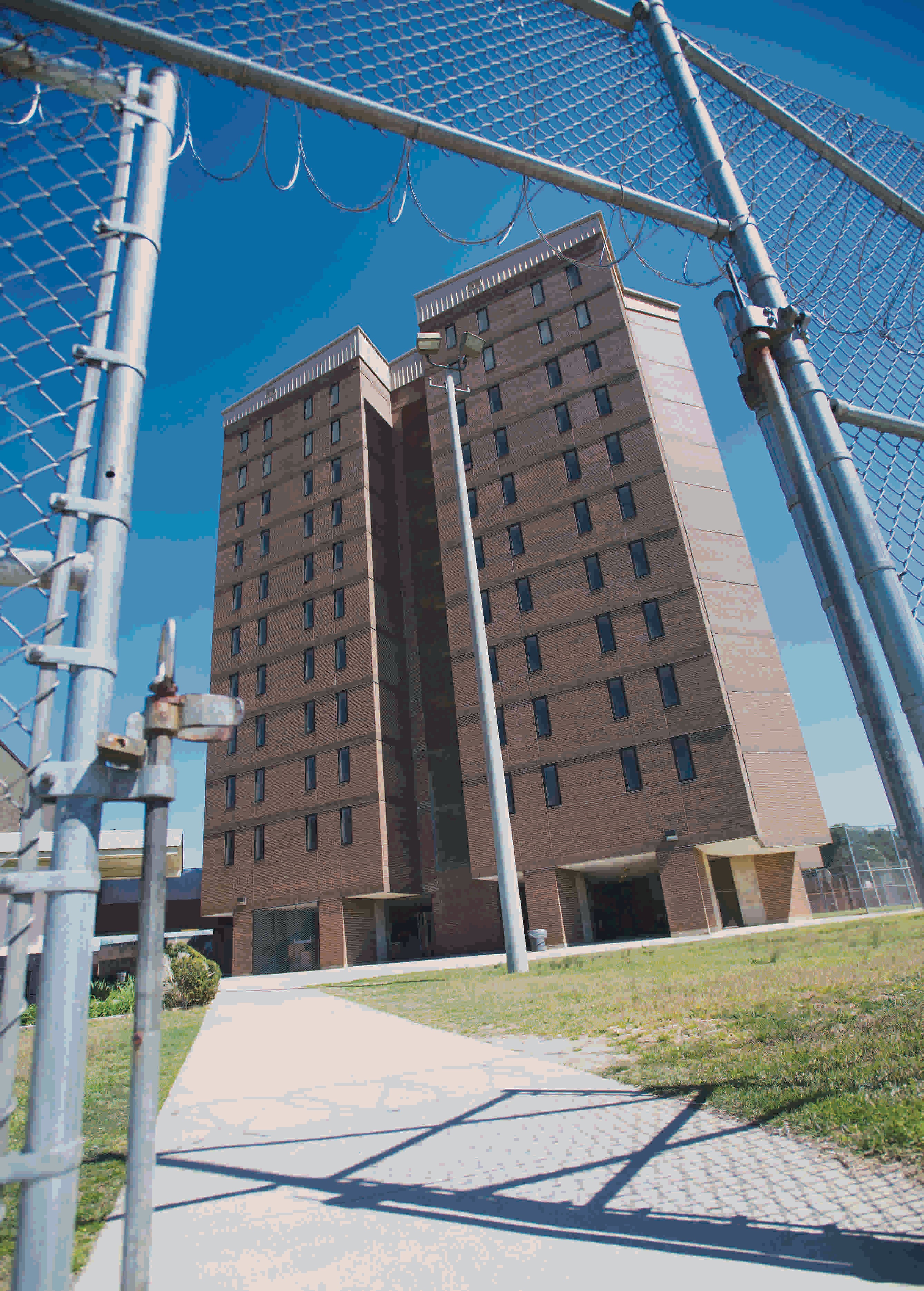A welcome chance to reform criminal sentencing
Published 2:09 am Sunday, December 9, 2018

- Piedmont Correctional Institution of Rowan County is a medium security unit. Post file photo
Bloomberg Opinion
Crime and punishment have a complicated relationship, as many states have come to learn. From 2010 to 2015, 31 states experienced tandem declines in crime rates and incarceration rates. In the 10 states with the largest reductions in imprisonment, crime rates dropped by an average of 14.4 percent. Meanwhile, in 10 states that increased imprisonment, crime fell by an average of only 8.1 percent.
Fortunately, this lesson – more prison does not always mean less crime – has now registered even in Congress. In the Senate, legislation for prison reform is drawing bipartisan support. Aptly named the First Step Act, the bill under consideration has modest ambitions, but it would turn federal policy away from the single-minded pursuit of harsher sentences. Congress should pass it as soon as possible.
The bill would reduce mandatory minimum sentences for some crimes and grant judges greater discretion in sentencing nonviolent drug offenders. It would also fund recidivism-reduction programs for low-risk inmates and allow some 2,600 drug offenders to petition for reduced sentences. Perhaps most important, the bill would require more research on criminal justice – a predicate to reducing guesswork in setting future policy on sentencing.
As one of the bill’s many conservative supporters, Senate Judiciary Committee Chairman Chuck Grassley of Iowa, noted, “Locking people up and throwing away the key is unsustainable. And so is releasing inmates without rehabilitation tools to succeed. Massive incarceration is not good for communities, families or taxpayers.”
The bill applies only to federal sentences whereas most inmates in the U.S. are held in state and local facilities. Still, it could make a difference for thousands of inmates, many of whom are drug offenders. Almost half of federal prisoners are doing time for drug crimes, while in state prisons the percentage is small.
The bill already has broad support, including from President Donald Trump. The House of Representatives overwhelmingly passed its own modest reform legislation earlier this year. The chief obstacle is Senate Majority Leader Mitch McConnell, who has said there’s no room on the December calendar to address the First Step Act. His fellow Republican senators and the White House should see that he finds time.
Excessive prison sentences devastate the lives of prisoners and their families, weaken communities, and cost taxpayers dearly. Many inmates should be shifted to less expensive, more rehabilitative programs. It’s possible to save money and lives – and reduce crime – by revising the national strategy on punishment.

